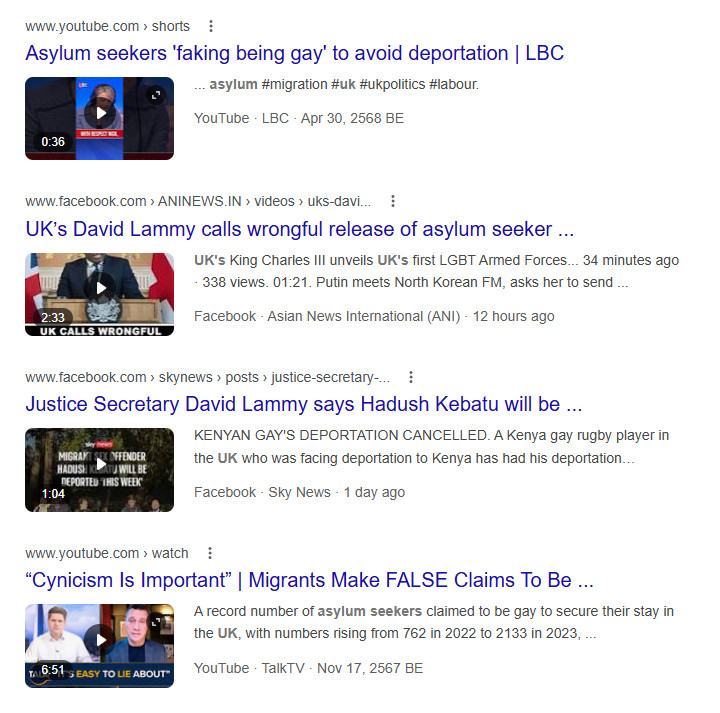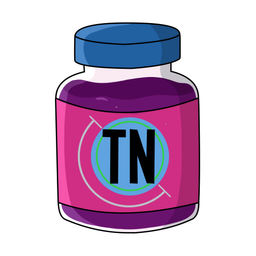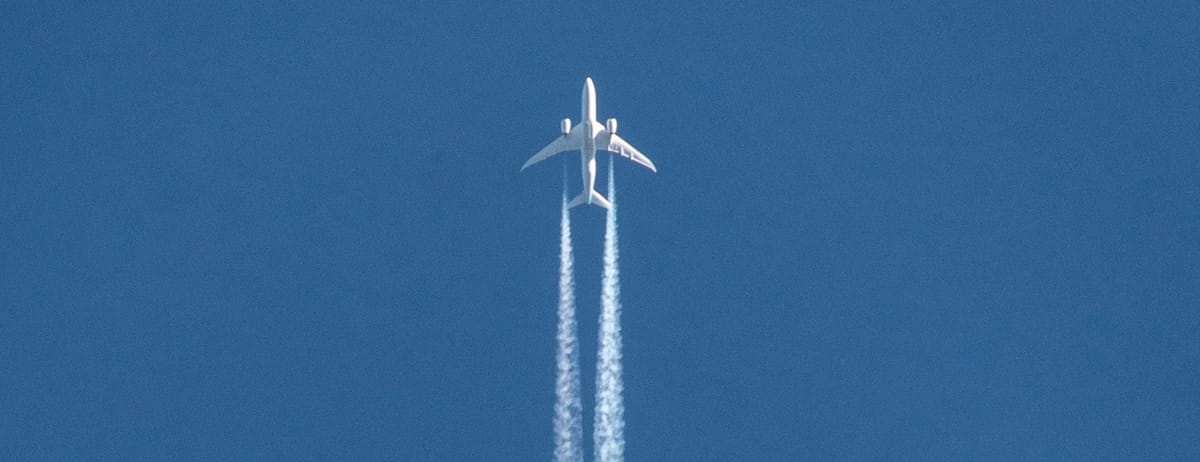Fact Check: No, The Netherlands Did Not Remove its Safe Country of Origin List
Asylum seeking is set up to function as the most invasive and dehumanizing type of immigration - If you have a US passport your only option is to immigrate legally.


There is no immediate evidence this will lead to more successful asylum applications or that the Netherlands government is re-evaluating its safe country of origin list.
By Artemis T. Douglas, Jane Migliara Brigham
Yesterday, Oct. 27, a report went out via Help Me Leave’s Substack and Instagram that allegedly “The Dutch government announced that it will suspend its national “safe country of origin” list — the system it’s used for years to fast-track (and then reject) asylum claims from people whose home countries it deemed “safe.””
This might seem like good news. If true, this would mean that, on paper, people holding US passports could apply for asylum in the Netherlands.
However, the original Substack article and associated Instagram reel don’t directly cite their sources. Neither does Help Me Leave’s press release.
They mention a letter issued by the Dutch Ministry of Asylum and Migration but do not link to it.
The supposed letter is purportedly a response to a separate ruling by the European Court of Justice that a list of safe countries which are ineligible for asylum is unjust.
At time of publishing, The Needle could not find proof of this letter’s existence online via government news releases.
A source provided The Needle a link to a letter that, according to both our source and machine translation, does not confirm the alleged announcement.
Rather, it seems that there may have been a catastrophic mistranslation of the Dutch-language government of Netherlands brief on the part of Help Me Leave.
The best way to immigrate is that which affords you the most freedom. That is almost never applying for asylum. If you have any better options, you ought to exhaust those first.
It is critical to understand that even if the letter does exist and the guidance is changed, asylum is not an easy process.
To explain the reality of asylum-seeking you first have to understand the framework under which it exists.
It is, under international law, a last resort.
International law is what international relations academics sometimes call “international anarchy” because there is no single government with a complete monopoly of force over all the rest, nor is there a one-world government that can enforce international law.
Further, if one looks at the actual experiences of those who seek asylum, one can understand the downside of laws without teeth.
In this case, international human rights declarations protecting the asylum seeker have no central body of enforcement except the government which the asylum seeker is appealing to.
Not only is asylum an onerous, invasive process, it does not come with any sort of social or financial support.
For queer people who seek asylum, it involves a dehumanizing process of proving your claim by proving your queerness.
This is especially true for trans people, who often have to contend with transmedicalist gatekeeping frameworks, or the legacy of these ideas, in the application process.
Trans people from the US have previously sought asylum in the Netherlands, and so far, all have been denied.
To successfully seek asylum, you'll have to prove that you are persecuted to the degree necessary to receive asylum, meaning you will need to back up your claim to the standards of the receiving state.
Further, you have to have money to support yourself while you are waiting for a decision and possibly ties to the receiving country to even be considered.
Asylum seekers are not generally able to work while seeking asylum.
A translated article published by a Dutch civil society organization reads (machine translated from Dutch to English),
“There are two conditions attached to getting asylum, says Professor of Migration Law Marlou Schrover. "Those conditions apply to every refugee, everyone who applies for asylum. You have to be prosecuted, so that means you have to be in real danger," she is the first to mention.
Being harassed once is therefore not one of them. "If your neighbor or someone from a right-wing organization hits you on the head, spits at you or calls you names, that is not yet a prosecution. That is unpleasant, very annoying, and it can make you feel very unsafe. Only it has to be the case that it is structural." It is difficult to say exactly what falls under structural persecution, says Schrover. "It's an open concept, that's what makes it so difficult."
'Convincing flight story'
The other condition is that you must have asked for help from the government of your country of origin, and must have been rejected. "That the government has said: 'Bad luck for you, we won't help you.'"
You must be able to prove both conditions yourself in the Netherlands if you want to get asylum. "You have to come up with a convincing flight story," Schrover continues. "That applies to all asylum seekers, including this category."
While you can look at online discourse to get a picture of what this proof might look like, such as submitting photographic evidence of the size and quality of your genitals, your “same-sex relationships” or others, it may be more illustrative to look at how receiving governments treat asylum seekers in their own government press releases.

For example, on Sept 25., the Dutch government released a statement that they would be deporting asylum seekers to Uganda, even those who are not from Uganda.
The Dutch government’s statement reads,
“This will culminate in a small-scale pilot involving a transit hub for a limited number of foreign nationals who are required to leave the Netherlands. The group will include failed asylum seekers.
Foreign nationals who are not authorised to reside in the Netherlands, for example because their asylum application has been denied, must leave and return to their country of origin. They are encouraged to leave voluntarily, but if they fail to do so, enforced return is the next step. If it proves impossible to arrange their return within a reasonable period of time because the person concerned and/or the country of origin refuse to cooperate, there are often no further options. The transit hub can in such cases provide an additional option for the Netherlands to ensure the person’s return.”
It further reads,
“Mr Van Weel said, ‘We need to start focusing more on what can be done, rather than on what cannot. That is why we are taking this step with Uganda to get migration under control. Obviously the human rights of people who return to their country of origin via Uganda will be safeguarded.’”
Quoted above, Van Weel is the Minister of Asylum and Migration. He is also the alleged source that spoke about removing the “Safe Country” list, from which this story originated.
The Dutch government's statement relies on putting forth the assumption that asylum seekers would be deported out of the EU and then, somehow, deported again to their actual country of origin.
It’s hard to put into words exactly how dehumanizing and devastating getting deported twice would be on anyone.
This is likely more true for queer and trans people who felt this was their last option.
If you run from a country that’s persecuting you, and then get dropped off randomly in that country, or handed to its officials with nothing to your name, possibly not even identifying documents as a failed asylum seeker, what is the logical next step?
Ireland, for example, is a country with a reputation for being comparatively friendly to immigrants.
Yet, just last week, there were attempted race riots in the city of Dublin outside an asylum seekers hotel.
These violent protests took place after news broke via far-right news reporting that an alleged asylum seeker allegedly sexually assaulted a young girl.
The right-wing propaganda doesn’t directly link any credible sources to demonstrate this alleged crime, however, the report itself was enough to spark anti-immigrant unrest.
Actions at the protests turned violence included burning Gardaí (police) cars and vandalizing an “asylum seekers’ hotel”.
If you are trans or another flavor of queer, and have a US passport, there are many safer ways than seeking asylum.
Work visas, digital nomad visas, education visas, etc., are all much less onerous and dehumanizing.
The Needle previously published an op-ed discussing multiple ways out that aren’t seeking asylum- an unworkable prospect for U.S. citizens.
 The Needle - NewsArtemis T. Douglas
The Needle - NewsArtemis T. Douglas
At present, we live in a world where governments can control who comes in and out of their borders, and who gets to stay within them. Until that changes, and people gain the right to live where they please, we will have to reckon with these governments.
We at The Needle do not advocate that those at risk attempt to apply for asylum unless you have no other options.
We also recognize that those with a U.S. passport have other options.
No country in the Global North has yet to accept an asylum claim from a queer person fleeing the United States. Although some people are attempting to do this, it is yet to be confirmed as a viable path forward.
And no Global South country is likely to invite the wrath of the US military by accepting a US citizen as a refugee.
Russia let Snowden have asylum, but that is an edge case from a state that is powerful, incredibly queerphobic, and much more willing to contend with the power of the US as a global police force. Also, Edward Snowden is not queer.
The unsourced claim about Dutch asylum is not directly helpful to those from the US who may feel the most desperate.

